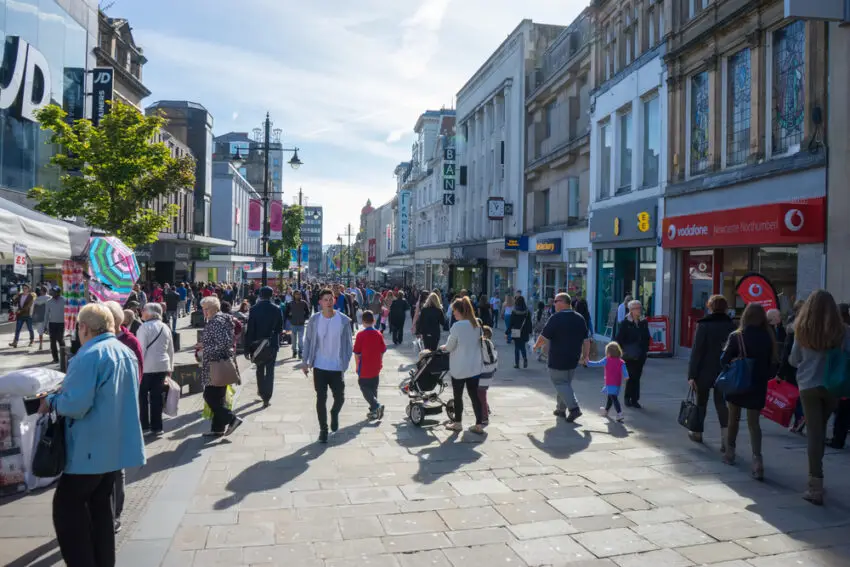Business leaders and traders in Norfolk are urging the next government to cut business rates to help revitalise high streets. They argue that the current tax levels are discouraging investment and harming local businesses.
Both Labour and the Conservatives have proposed plans to support town centres, aiming to level the playing field against online competition.
The Call for Change
Jonathan Newman, Great Yarmouth town centre manager, has noted that the current level of business taxes is significantly discouraging investment. This sentiment is echoed by many businesses struggling under the weight of these financial burdens.
Labour is pushing for an overhaul of the rates system to make it fairer for town centres, especially those facing fierce competition from online retailers. Meanwhile, the Conservatives promise a comprehensive business rates support package, pledging £20 million to 30 towns if re-elected.
Impact of Current Tax Levels
Despite receiving government funding, Great Yarmouth continues to grapple with the economic impact of high business rates. The town has secured £5.2 million for a market building and an additional £5.8 million for surrounding improvements.
However, Jonathan Newman pointed out that the cost of living crisis and high interest rates are compounding the challenges faced by retailers. More action is seen as necessary to attract and sustain businesses in town centres.
Unfair Advantages
Nick Spencer, manager of Market Gates Shopping Centre, highlights the unfair advantage enjoyed by out-of-town retail parks due to lower rates. This discrepancy puts town centres at a significant disadvantage.
He asserts that for town centres to become viable again, the government must take the issue of business rates seriously.
In agreement, Candy Richards from the Federation of Small Businesses in East Anglia emphasises that high business rates are a major disincentive for small businesses on the High Street.
Political Proposals
The Conservatives have included in their manifesto a £4.3 billion business rates support package over five years. This initiative is aimed at bolstering small businesses and revitalising high streets.
Meanwhile, Labour proposes to adjust the rates system, allowing physical stores to compete more effectively with online giants.
The Role of Government Funding
Swaffham, another Norfolk town, has also received government funding, benefiting from £380,000 in High Street Heritage Action Zone funding. This support highlights the government’s role in trying to revive town centres.
However, Andrew Baker, a hairdresser in Swaffham, believes that a rent review could further help small businesses by enabling them to retain more profit.
Challenges of Declining Footfall
Julie Foley, from tobacconist and vape shop Puff ‘N’ Stuff, expressed concerns over declining footfall in smaller towns. Shoppers are increasingly turning to larger towns or online shopping.
Without sufficient foot traffic, local shops find it challenging to survive.
This trend underscores the need for more comprehensive solutions to support high street businesses amidst growing online retail trends.
The call for a cut in business rates is loud and clear from Norfolk’s business community. With both major political parties proposing measures to address the issue, there is hope for revitalising high streets.
However, only time will tell if these measures will be sufficient to counteract the impacts of online competition and economic challenges faced by town centres.

